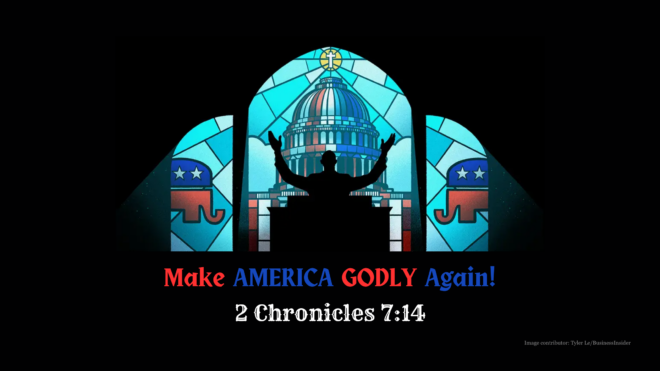In a recent newsletter of the evangelical The Gathering, Erik Johnson and Gabriel Schulze discuss the question of whether it is wise to leave money to your children. I have some opinions about that. Here are the options:
- As Ron Blue put it, “Do your givin’ while you’re livin’ so you’re knowin’ where its goin’.” I consider this always the best option. Sometimes the money does not need to be put into a foundation at all; it becomes tax deductible when it is given away. There are some purposes, like active ministry or providing for an orderly transition after your death, for which it can be helpful to set up a charitable trust set to dissolve as of a certain date.
- Leaving some money to children is the second best option. Proverbs 13:22 declares, “A good man leaves an inheritance for his children’s children, but a sinner’s wealth is stored up for the righteous.” While there are non-monetary inheritances such as character and traditions of service, I don’t think we are to completely spiritualize this verse. And I don’t think it’s fulfilled by a seat on the board of the family foundation, either! Inheritance is an important theme in Scripture, often standing in the face of American individualism where we all want to be ex nihilo. The promises made to Abraham were never seen by him; they were made to his descendants, and to Christ. And even Christ, the Meritocrat of all meritocrats, has as one of His titles on the earthly side the Son of David! We are all ‘rich kids’ and ‘trustfunders,’ not meritocrats or entrepreneurs, to God. I will say it again. Every person who is reconciled to God through Jesus Christ is one who has accepted his posture as a ‘trustfunder’ of what God has given him by God’s grace. ‘Trustfunders,’ then, are a sort of typology of the Christian.
- The least desirable alternative is the permanent endowed charitable foundation. These, over the long run, tend to be captured by a certain cultural ‘new’ class of philanthropic bureaucrats and end up supporting things that, as the Irish would say, “If Henry Ford were alive to see what the Ford Foundation is funding, he would turn over in his grave!” And Andrew Carnegie and J. Howard Pew. Do you trust future generations to the thousandth generation in these matters? How do you know what will happen after you? The Book of Ecclesiastes, which ought to be more popular in these times, tells us, “I hated all the things I had toiled for under the sun, because I must leave them to the one who comes after me. And who knows whether he will be a wise man or a fool. Yet he will have control over all the work into which I have poured my effort and skill under the sun.” (Ecc 2: 18-19) Yes, we cannot rule from the grave. Can we trust our children? Can we trust foundation bureaucrats and boards of trustees over the next millennium? If, to use an example, the Hilton Foundation goes in the way of so many foundations, spending money on vast projects of social engineering to impose a new ‘progressive’ order, than Paris Hilton will have proved a better steward than they. She merely wasted the money. And it is better to merely waste money than to create huge endowment monsters that can fund destructive things forever. So I would argue that if even if your children are not trustworthy, their “squandering money on prostitutes” (Luke 15, a worst-case story from Jesus Himself!) is a lesser evil than the creation of a permanent philanthropic monster that funds destructive things. That’s the worst case. Naturally, I would pray for better things for our chidren than that!
In response to: “Can Our Kids Be Trusted” by Erik Johnson via The Gathering Newsletter Summer 2010.



